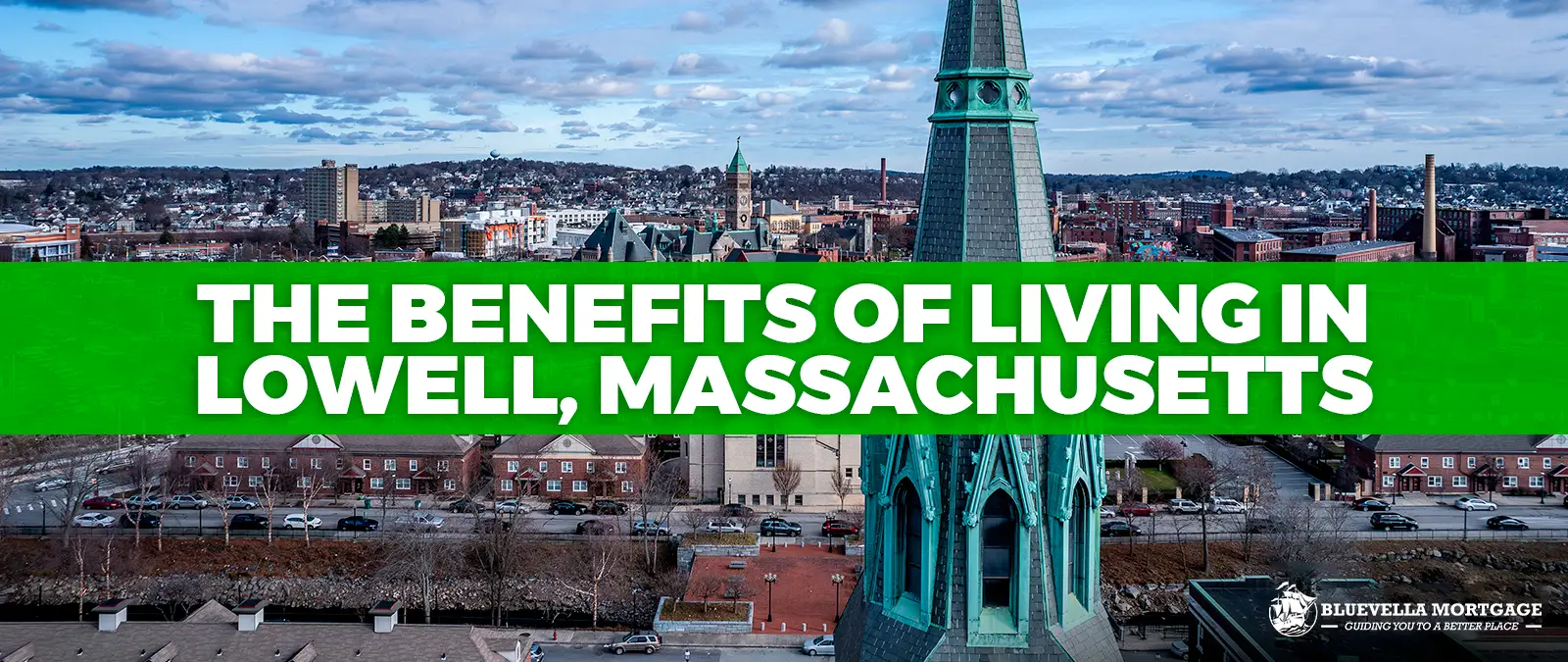
Rates to Drop if Donald Trump Wins the Election?
The prospect of a Donald Trump election win has generated significant discussion regarding its potential impact on various facets of the economy, particularly interest rates.

The prospect of a Donald Trump election win has generated significant discussion regarding its potential impact on various facets of the economy, particularly interest rates.

Real estate commission is a fundamental aspect of the real estate transaction process, serving as the primary compensation mechanism for real estate agents who facilitate

How to buy a house in the United States is a significant milestone for many individuals and families, marking a transition into stability and long-term

Zillow, founded in 2006, has emerged as a seminal force in the real estate market, revolutionizing the way people buy, sell, rent, and finance homes.

Down Payment Assistance (DPR) is an innovative platform designed to bridge the gap between aspiring homeowners and the financial assistance they need to realize their

Lowell, Massachusetts, located in Middlesex County, is a city with a rich historical tapestry and a promising future. Positioned approximately 30 miles northwest of Boston,

Home equity represents the portion of a property’s value that the homeowner actually owns. It is calculated by taking the current market value of the

In this article, we’ll delve into how mortgage DTI is calculated, its significance, and what it means for your homebuying journey. When applying for a

A 15-year fixed rate mortgage is an excellent option for homeowners looking to pay off their mortgage faster. This type of loan offers a fixed

When embarking on the journey of purchasing a home, first-time home buyers often encounter two primary types of mortgage loans: FHA loans and Conventional loans.

The prospect of a Donald Trump election win has generated significant discussion regarding its potential impact on various facets of the economy, particularly interest rates. Interest rates play a crucial role in shaping the economic landscape, influencing everything from consumer spending to business investments. Understanding how a Trump administration might

Real estate commission is a fundamental aspect of the real estate transaction process, serving as the primary compensation mechanism for real estate agents who facilitate the buying and selling of properties. It is typically calculated as a percentage of the property’s final sale price and is paid to the agents

How to buy a house in the United States is a significant milestone for many individuals and families, marking a transition into stability and long-term investment. The current real estate market is dynamic, and influenced by various factors such as economic conditions, interest rates, and regional demand. Understanding these elements

Zillow, founded in 2006, has emerged as a seminal force in the real estate market, revolutionizing the way people buy, sell, rent, and finance homes. With a mission to empower consumers with data, inspiration, and knowledge around their homes and the real estate market, Zillow provides a comprehensive digital platform

Down Payment Assistance (DPR) is an innovative platform designed to bridge the gap between aspiring homeowners and the financial assistance they need to realize their dreams of homeownership. With a mission to simplify the home buying process, DPR connects potential buyers with various down payment assistance programs, grants, and affordable

Lowell, Massachusetts, located in Middlesex County, is a city with a rich historical tapestry and a promising future. Positioned approximately 30 miles northwest of Boston, Lowell enjoys the benefits of proximity to a major metropolitan area while maintaining a distinct identity. As of the latest census, the city has a

Home equity represents the portion of a property’s value that the homeowner actually owns. It is calculated by taking the current market value of the home and subtracting any outstanding mortgage balance. Essentially, home equity is the difference between what your home is worth and what you owe on it.

In this article, we’ll delve into how mortgage DTI is calculated, its significance, and what it means for your homebuying journey. When applying for a mortgage, lenders consider several factors to determine your creditworthiness and ability to repay the loan. One crucial aspect is your debt-to-income (DTI) ratio, which measures

A 15-year fixed rate mortgage is an excellent option for homeowners looking to pay off their mortgage faster. This type of loan offers a fixed interest rate that remains the same throughout the life of the loan, providing you with secure and predictable monthly mortgage payments. By choosing a 15-year

When embarking on the journey of purchasing a home, first-time home buyers often encounter two primary types of mortgage loans: FHA loans and Conventional loans. Each comes with its own set of benefits and requirements, making it essential for potential homeowners to understand their distinct characteristics to make informed decisions.
Copyright © 2025 Bluevella Mortgage, LLC. NMLS 2260248 All Rights Reserved.